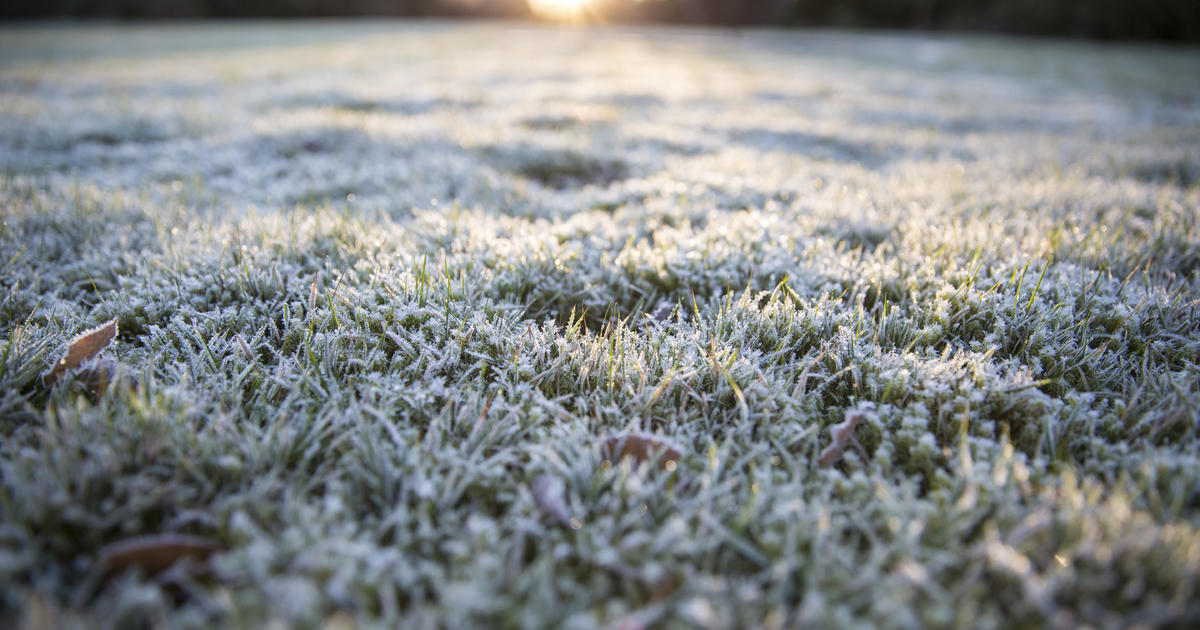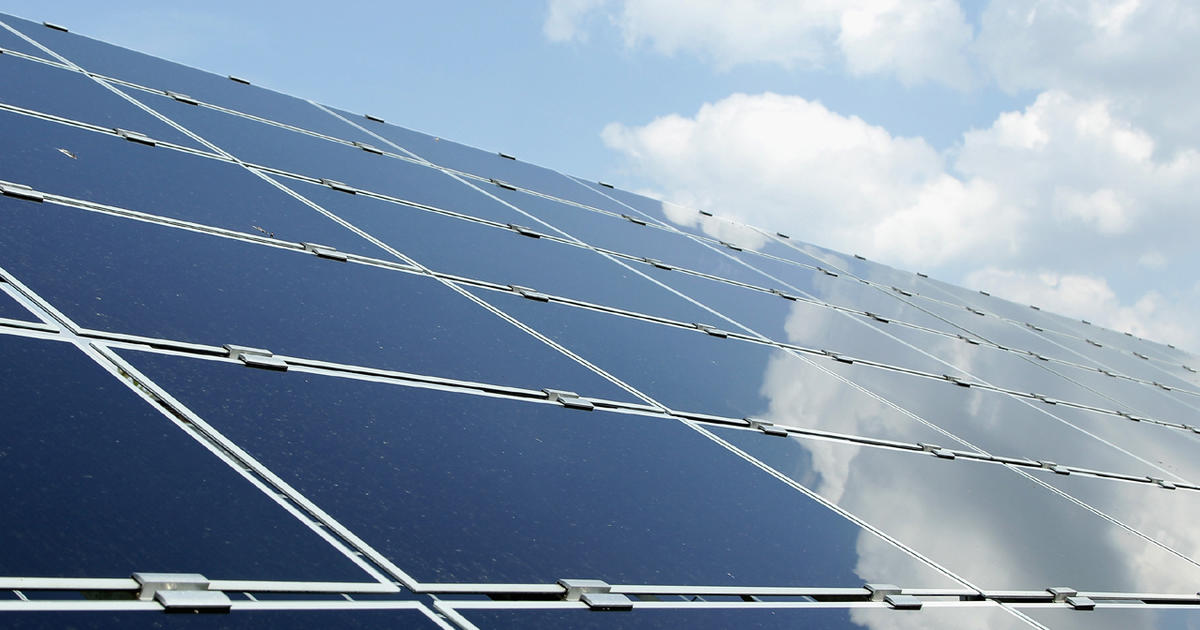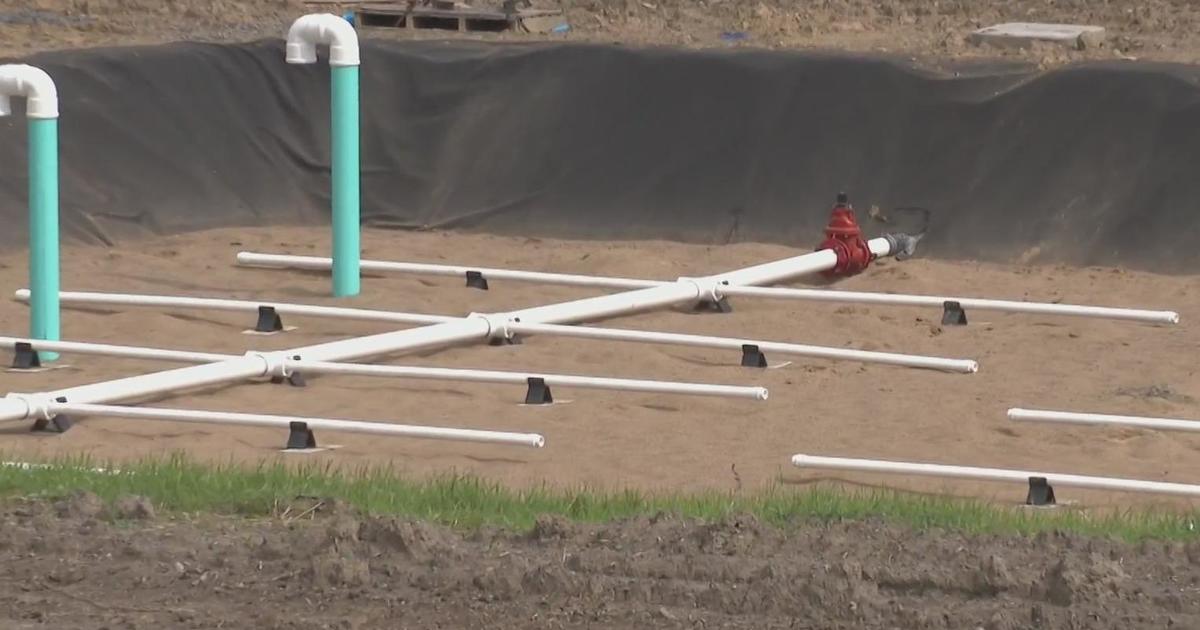Angie's List: Checking Changes On HVAC Systems
PITTSBURGH (KDKA) - If you bought in a new HVAC system in the past year, you may know the United States Energy Department is now requiring homeowners to buy more efficient - and therefore more expensive - heat pumps and air conditioners.
What you may not know is that efficiency standards now vary by region.
If you install a system with the wrong rating, you may be risking your warranty protection.
For example, the seasonal energy efficiency ratio number on new HVAC systems now needs to be 14, instead of 13 in much of the country.
If you install a 13-SEER unit where a 14-SEER is required, you've violated state code and your manufacturer's warranty could be voided.
"If you have questions about the changes that have gone into place, you want to talk to your local heating and cooling company because they differ by region. The north could be different from the south or the southwest, so check with your local provider to know what pertains to you," Angie Hicks, of Angie's List, said.
You can still get your existing unit serviced, but if it needs to be replaced with a 14-seer system, it will likely cost around $5,000.
"It's not going to heat or cool any better than a 13-SEER, it's just going to do it more efficiently. And how they do that, how the manufacturers do that: the greater the coil surface area, the more efficient the unit. We can transfer that heat whether we're in heating mode or we're in cooling mode," HVAC professional Jon Love said.
Join The Conversation On The KDKA Facebook Page
Stay Up To Date, Follow KDKA On Twitter
"If you are installing a new HVAC system, remember it's not going to be cheap, but you will get efficiency savings each month on your heating and cooling bill, and it can be an asset if you're going to be selling your house," Hicks said.
Most homeowners should recoup the higher price of the system in just two to three years.
"You're protecting yourself from any kind of gas hikes, any kind of electrical hikes when you do go to those 16 and above. People are starting to realize, hey, now wait a minute. Let's think about this. We're going to be in the house. Let's really think about how we're going to recoup our costs as quickly as possible," Love said.
If you're deciding between repairing an existing system or buying a new one, here's another tip from Hicks.
She said your furnace should last 15 to 20 years. In most cases, it is best to repair if the cost is less than half the price of a new system and your current one is less than seven years old. If it costs more than half, you're better off investing in a new one.



